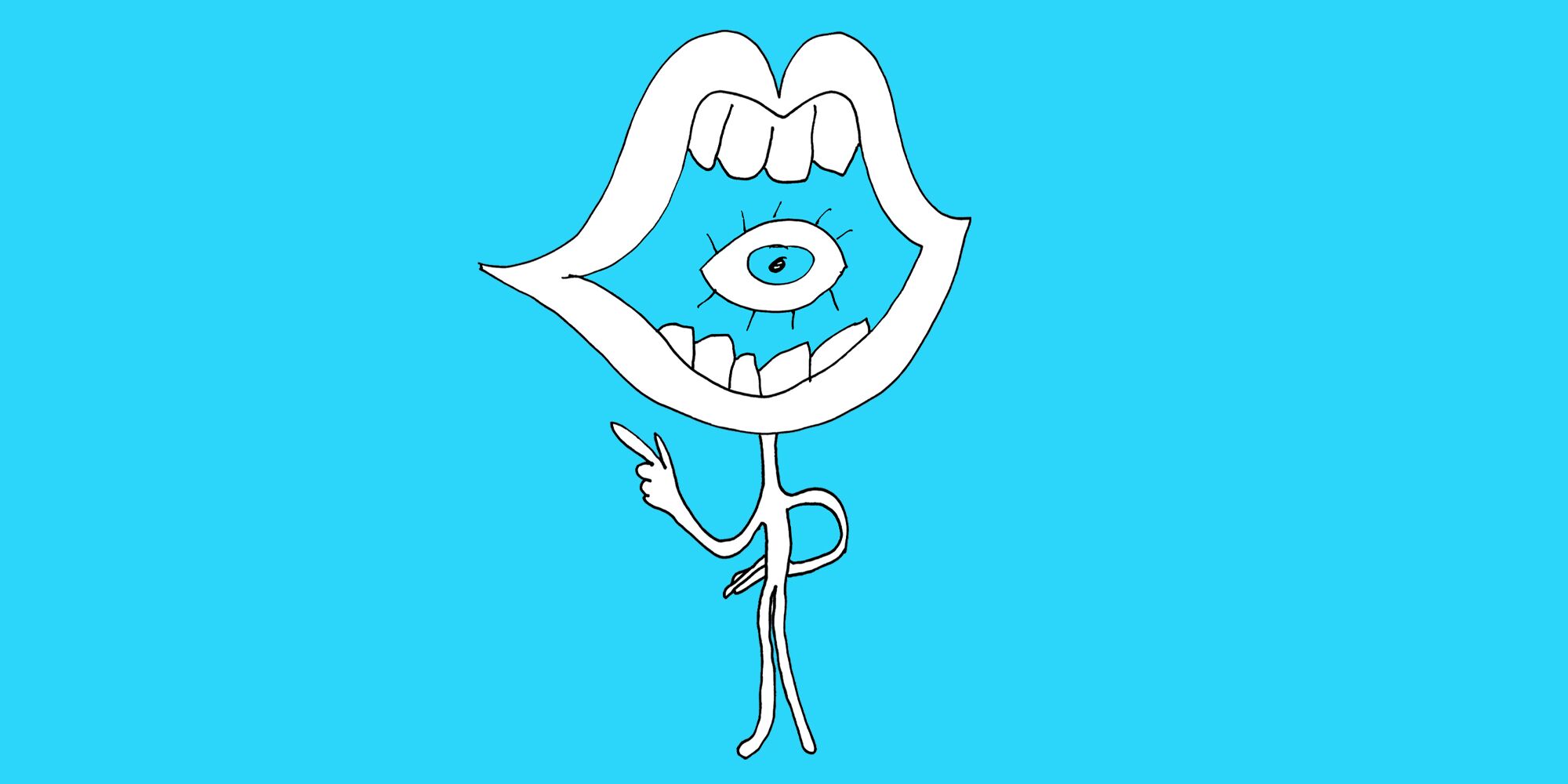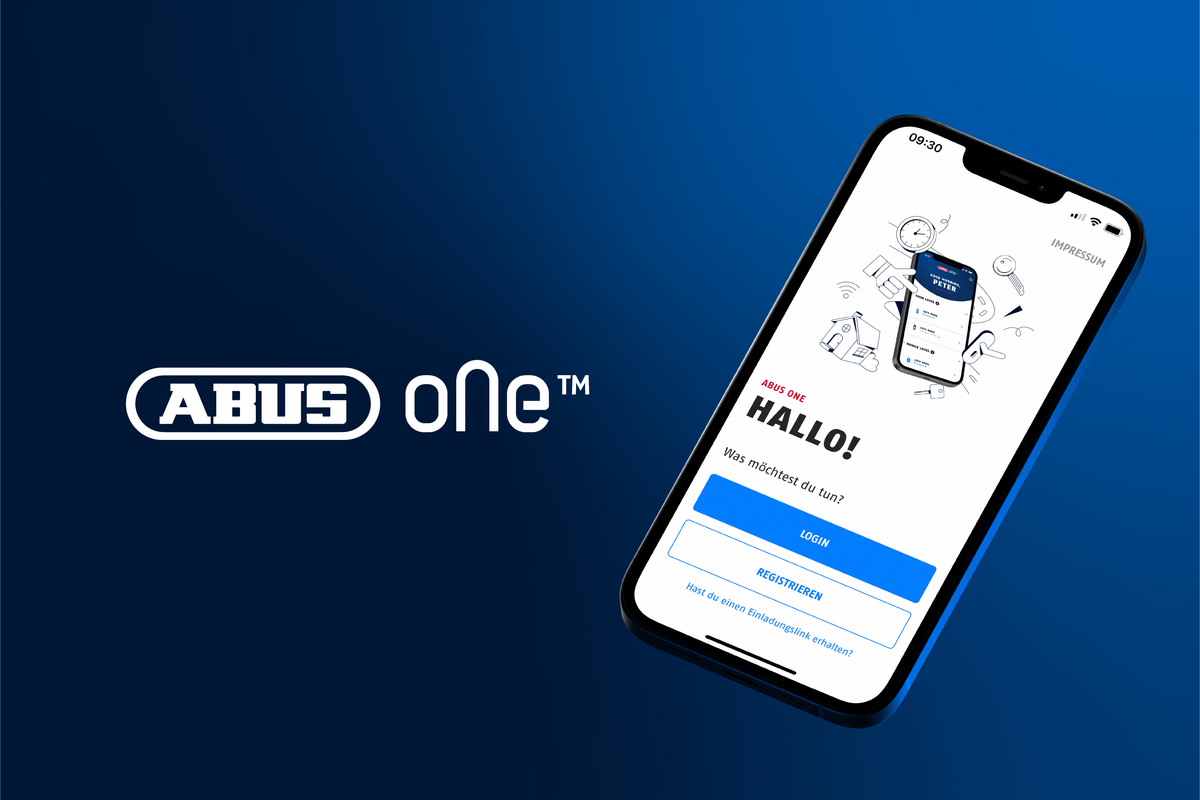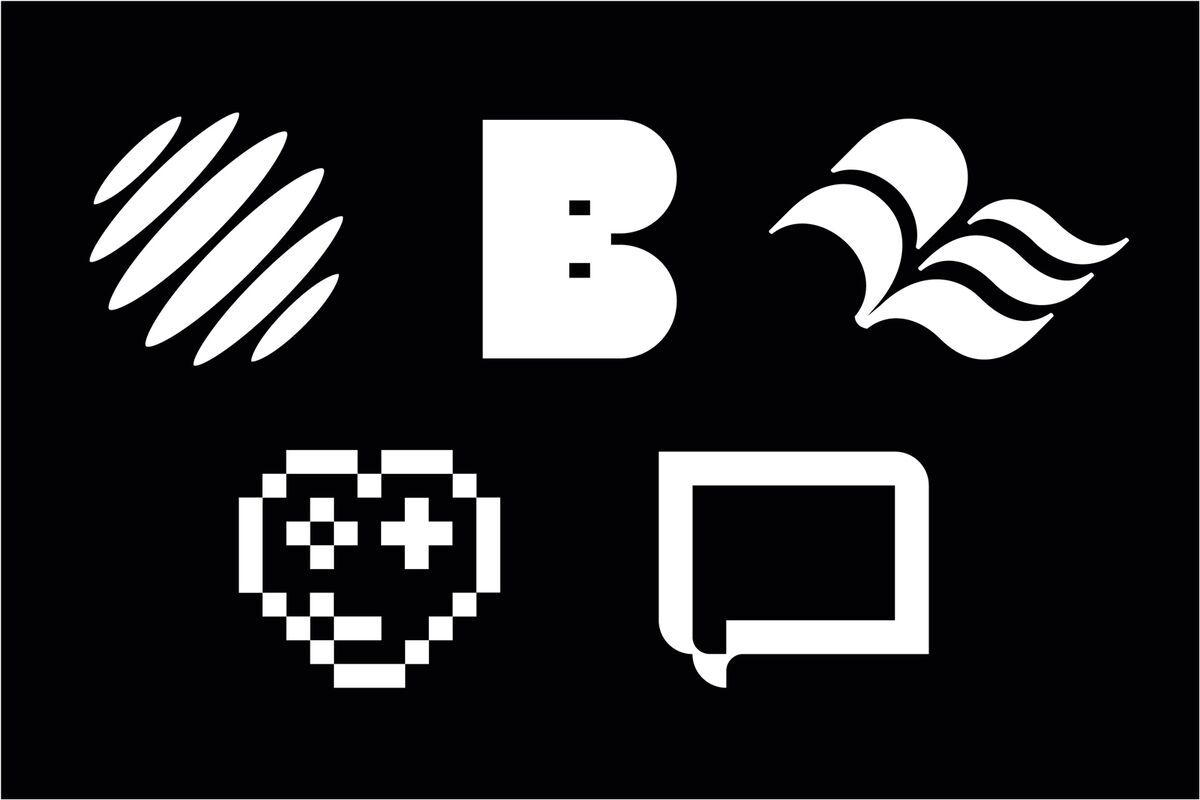Convincing with honesty, no empty phrases
A simple ideal in a complicated world
My first experience with honesty in the media industry left a deep impression on me. Over 10 years ago, I was a very young, aspiring copywriter, sliding restlessly back and forth on the wheels of my desk chair, in anticipation of my first assignment. When my then boss finally walked through the door with a handful of adult diapers, I didn’t really realize the implications of the situation. Her explanation of my task seemed logical enough – as a copywriter, I’m meant to know the product inside and out to be able to write about it credibly. However, it slowly dawned on me, that in this context, my task was to write the »customer testimonials« for the latest top of the line model of adult diapers for a large household goods manufacturer. For weeks, I had to caress the soft and absorbent insides of the diapers and try to imagine how this product could one day improve my life as an old man. It took ten or so correction loops until my work was good enough to be a convincing lie. For years, my »customer reviews« on the diaper website celebrated the wonders of the new wetness indicator under my pen name »Renate S. from Kiel«, who was apparently enormously helpful in caring for her grandmother. This trial by fire during my first real work assignment showed me the dark side of the advertising and communication industry.
Anyone promising honesty in the murky waters of advertising can sound either inauthentic or hopelessly naive. After all, advertising and design are by design manipulative, aren’t they? We create messages that show our clients’ companies and products in a positive and beneficial light. That is, and remains the essence of our job. If you can’t come to terms with it as an agency, you will find it hard to make ends meet with your work. So, given everything I just said, what role should honesty play in this context? In 1912, advertising pioneer Harry McCann described the philosophy of his work as follows: „Truth well told“. Even though his mantra may seem a bit hollow after being at the core of over 100 years of advertising, it is still worth deconstructing because it does a good job in illustrating that truth is a flexible concept. Especially today, when everyone is operating in their own personalized digital advertisement bubbles and clickbait fake news stories, it’s even more clear that at the end of the day everybody has their own truth. Truth, therefore, becomes a question of perspective, and for this very reason, it is not a useful term in communication design. Honesty, on the other hand, is the concrete description of an attitude that one can adopt towards clients, and above all, towards the clients of one’s clients. Truth is different for everybody about anything. Honesty, on the other hand, means that you take the people whose attention you are looking to get, seriously. It’s for this very reason that you can’t promise everyone their respective truth like some omnipotent oracle. A brand looking to honestly express who they are and what they do can do it without layers of razzle-dazzle, which is seen as an added selling point in many industries.
»Everybody who tells the truth is interesting«
The best thing about honesty is that everyone benefits from it - our clients, their customers and us as designers. Ultimately, honesty is the key to relevance, and thus to good work. Whether in a relationship, on the job, in literature or in brand communication, if you want to inspire people, there is nothing more convincing than being open and honest about who you are and what you stand for. As American author and entertainer, Quentin Crisp puts it, “Everybody who tells the truth is interesting”. Therefore, we encourage our clients to trust in what makes them tick and to move beyond empty phrases and imaginative exaggerations. We have yet to meet someone that didn’t have a good story to tell about themselves or their work. Our task is to translate these stories in the most memorable way possible, whether it’s in a corporate design, on a website, or in an advertising campaign.
Of course, being too honest in brand communication can also be problematic, and there isn’t a company or organization in the world that can live up to perfect transparency. However, keeping honesty as the guiding message behind your messaging always increases the quality of your communication, on top of helping you be able to sleep at night. There are a few rules of thumb that aren’t too hard to follow when being honest in brand communication: don’t pretend to be something you aren’t, don’t make promises you can’t keep, take people seriously and earn their attention, and last, but not least: please please please never fake customer reviews!



